- Home
- Science
- Environment
- The 15 best science movies and shows on Netflix
The 15 best science movies and shows on Netflix
"Blackfish" (2013)

"Particle Fever" (2013)
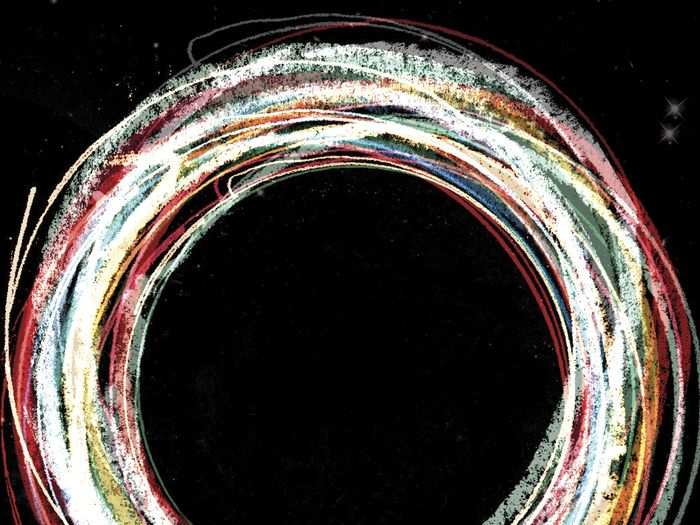
What it's about: This documentary follows six scientists as they prepare for one of the biggest and most expensive experiments in history: recreating conditions from the Big Bang with the launch of the Large Hadron Collider in Europe. Their aim is to unravel the mysteries of the universe and the origins of matter.
Why you should see it: "Physics is often considered a forbiddingly dense subject, but 'Particle Fever' gives you a window into physics without breaking your brain. It documents the discovery of the famous Higgs boson particle that many physicists think holds the key to understanding the universe. Instead of getting bogged down with the complexities of particle physics, the film focuses more on the human drama of the discovery, and how it could change our understanding of the world around us." —Kelly Dickerson, science reporter at Tech Insider. [Click to watch.]
"Planet Earth" (2006)
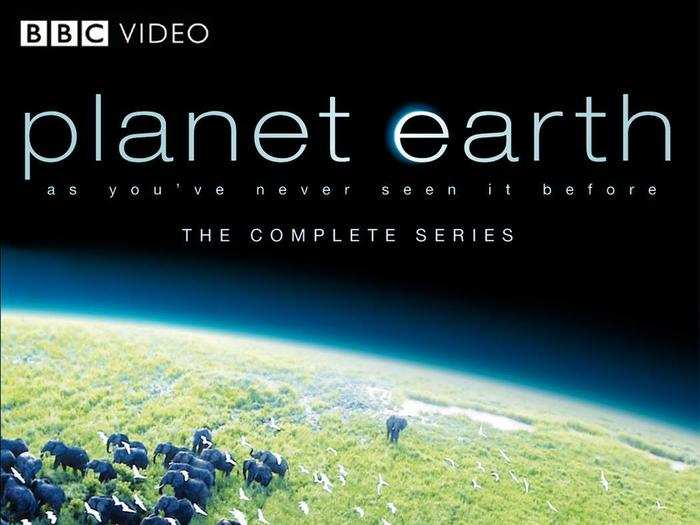
What it's about: Actress Sigourney Weaver narrates this dazzling high-definition documentary series, which offers incredible footage of the world's breathtaking natural wonders — oceans, deserts, ice caps, and more. (Note: This is the US version of the BBC production.)
Why you should see it: "Planet Earth is why HDTV was invented. It has some of the most amazing visuals ever. And then when you learn to the depths at which they went to get the footage, such as camping out for days on end in camouflage, you have such a great appreciation that the people behind it. They truly want to give you a one of a kind experience," said Sam Rega, producer and director for Business Insider Films.
"You've never seen nature like this. I'd argue that Planet Earth, with its high definition footage that took five years to shoot, changed the way nature documentaries were made — all for the better.
"It's a journey around the globe to the incredibly varied environments that make up our world. Every episode shows you things you've never seen: caves with their eyeless creatures, jungles brimming with life, and to the mountains which tower over us. Plus, David Attenborough." —Kevin Loria, science reporter at Tech Insider. [Click to watch.]
"Grizzly Man" (2005)
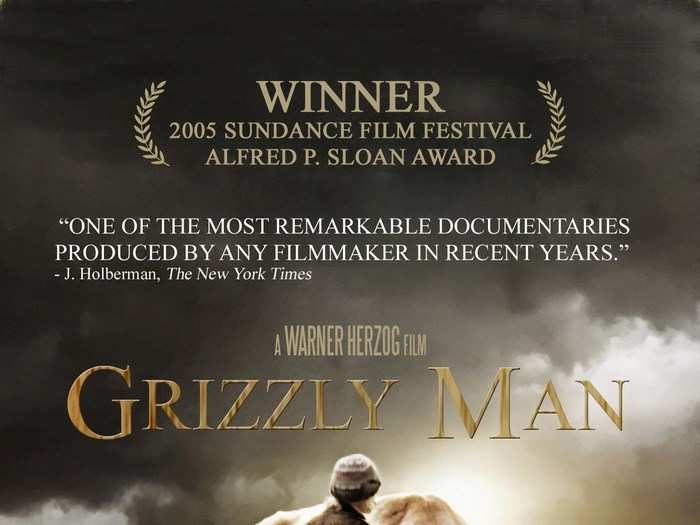
What it's about: Director Werner Herzog pieces together actual video footage of devoted conservationist Timothy Treadwell's solo journey to an Alaskan reserve, where he lives among a bunch of wild grizzly bears. The grim realities of Treadwell's passion become apparent when one of his beloved bears turns on him with tragic consequences.
Why you should see it: "The weird tale of Timothy Treadwell is both an up-close look at nature and simultaneously at human hubris. Treadwell spent 13 summers living near and among grizzlies in Alaska before one eventually — and perhaps inevitably — killed and ate him and his girlfriend.
"It's a perfect film for Werner Herzog, who uses Treadwell's own footage to take us on this journey that starts with a man's fascination with these huge but wild creatures and devolves to a fatal narcissism." —Kevin Loria, science reporter at Tech Insider. [Click to watch.]
"Life" (2009)
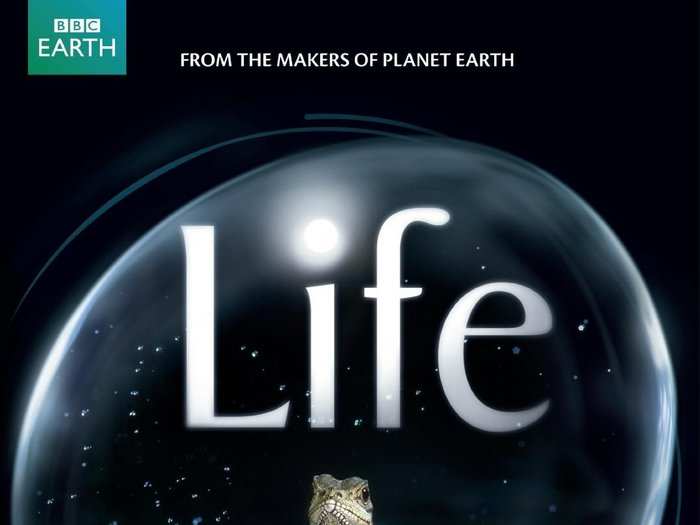
What it's about: This 11-episode British animated series was made over four years and filmed on every continent and in every type of habitat in the world. It chronicles some of the most unusual and bizarre behaviors that both plants and animals adopt to survive on our planet.
Why you should see it: "Each episode is unique, but they all have these "whoa" moments, like when the chimpanzees SHARE their tools. It’s also the fact that they know how to share, and it makes you think about how we’re not so different from animals. Overall, the theme of the series is that life is this insane system of creatures adapting any way they can to survive." —Steve Kovach, deputy editor at Tech Insider. [Click to watch.]
"Fed Up" (2014)
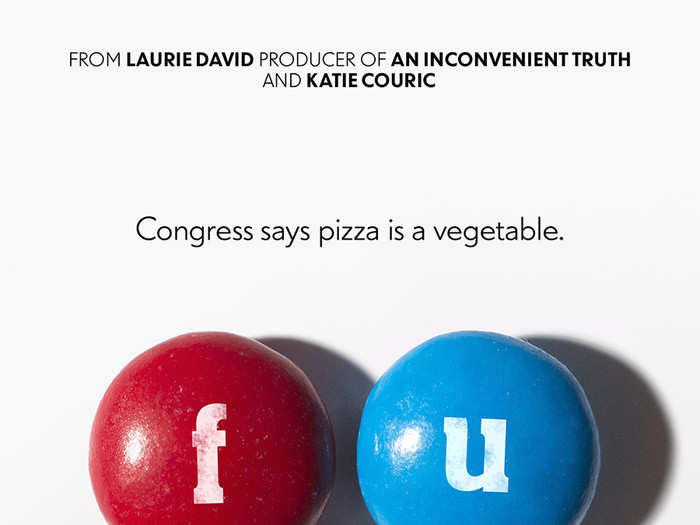
What it's about: An investigation into the American food industry and a first-hand look at how processed foods — particularly sugar — contribute to deadly diseases like obesity.
Why you should see it: "Obesity is typically thought of as a matter of will power. It's something you avoid by willfully eating well and staving off through exercise. Fed Up argues that big corporations, via intense lobbying, have convinced the federal government to put sugar into everything ... Kids don't have a chance even if they wanted to take action." —Chris Weller, innovation reporter at Tech Insider. [Click to watch.]
"Into the Abyss" (2011)
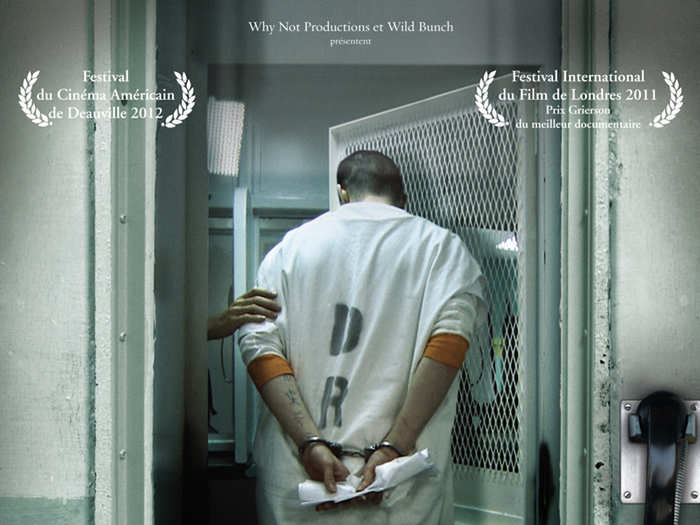
What it's about: Another Werner Herzog masterpiece, this documentary tells the story of death row inmate Michael Perry, who was convicted of a triple murder in 2001.
Why you should see it: This film delves into the fraught realm of capitol punishment through interviews with convicted killers and their families, and Texas criminal justice system members to explore the psychology of why people — and states that enforce the death penalty — kill. [Click to watch.]
“Everest” (1998)
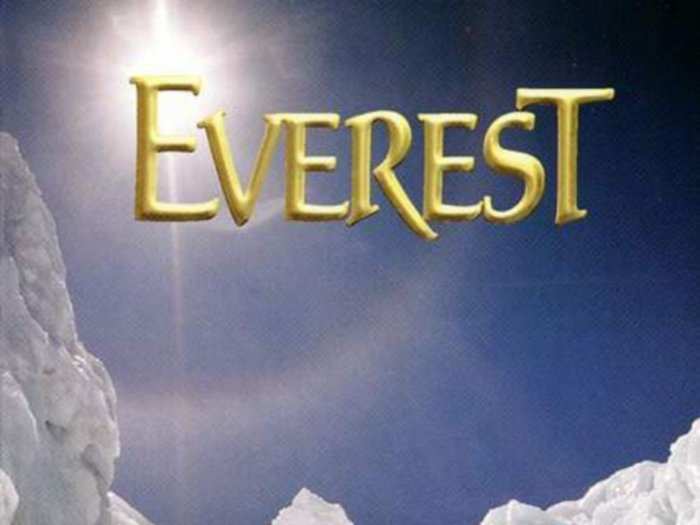
What it's about: A team of filmmakers follow avid and fearless climbers and their guides as they make their annual attempts at summitting Mount Everest — one of Earth's tallest and most treacherous mountains.
Why you should see it: "It's an awesome story about what it takes to climb Everest." —Steve Kovach, deputy editor at Tech Insider. [Click to watch.]
"Virunga" (2014)
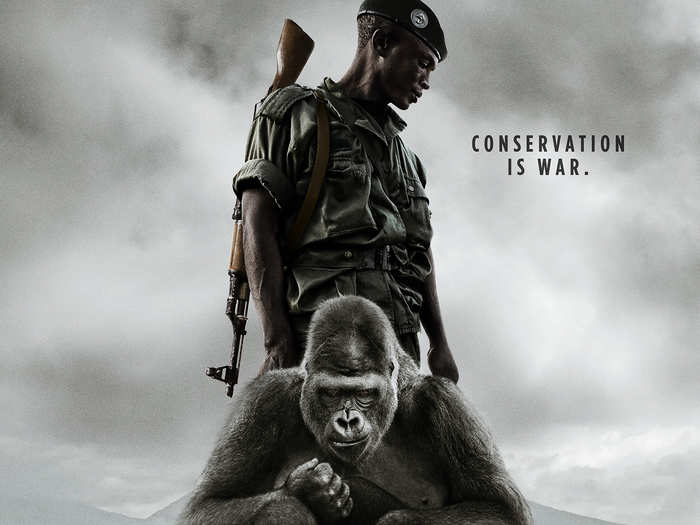
What it's about: In the midst of a civil war and fight over the Congo's natural resources, a team of embattled and devoted park rangers risk their lives to protect eastern Congo's Virunga National Park from poachers and armed militia.
Why you should see it: This film is a dynamic and impressive mix of investigative journalism and nature, bringing to light the troubles of protecting one of the most biodiverse places on the planet and home to the few remaining mountain gorillas in Africa's forgotten national park. [Click to watch.]
"Human Planet" (2011)
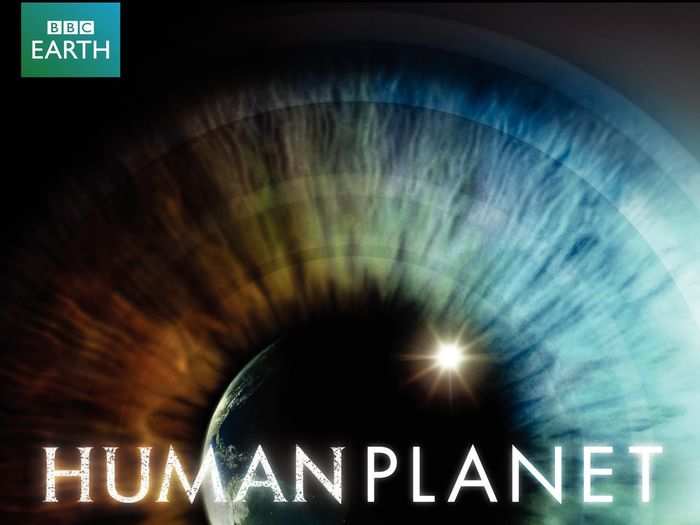
What it's about: From the Arctic to the desert, and coasts to jungles, this awe-inspiring, jaw-dropping series explores humankind's adaptation to and relationship with nature.
Why you should see it: "It feels like I’m watching it for the first time, every time. Amazing visuals and excellent narration. I don’t feel like I’m wasting time when I’m watching these documentaries." –Antonio Villas-Boas, tech reporter at Tech Insider. [Click to watch.]
"Bigger, Stronger, Faster" (2008)

What it's about: This documentary sucks you into the bizarre yet pervasive world of performance-enhancing drugs in sports. Through interviews with bodybuilders, doctors, coaches, and politicians, you get an intimate sense of the American obsession with doing whatever it takes to win.
Why you should see it: "Christopher Bell's documentary about steroid use focuses on himself and his two brothers, but it's really a story about what it means to be a 'better' or science-augmented human and a philosophical consideration of the American psychological obsession with being the best: biggest, strongest, and fastest.
"Scientifically you see the physical and mental effects of common performance-enhancing drugs. At the same time you consider what it means to use technology and science to be a better athlete — how do we decide what's fair?" —Kevin Loria, science reporter at Tech Insider. [Click to watch.]
"Touching the Void" (2003)
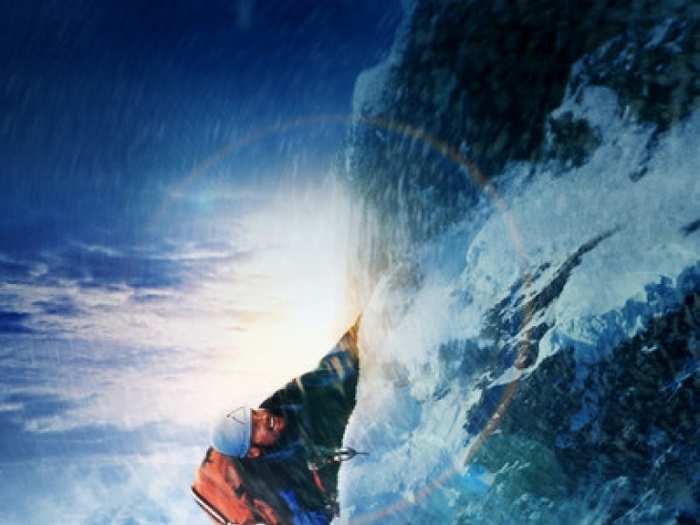
What it's about: This is the true story of two young climbers who attempted to summit Siula Grande in Peru in the 1980s and their perilous journey along the way. It's widely considered one of the most defining mountaineering tales of our time.
Why you should see it: "This incredibly intense film tells the story of Joe Simpson's and Simon Yates's attempt to climb Siula Grande in the Peruvian Andes. After reaching the summit, Joe falls and breaks his leg. Simon attempts to lower Joe down, but while a storm rages overhead, Joe falls off a cliff. Stuck holding onto a dangling rope, Simon was forced to cut Joe loose.
"Somehow, unknown to his climbing partner, Joe survives the fall, and has to try to drag himself back to camp. It's a story about survival and perseverance in the face of death, and one that redefines resilience." —Kevin Loria, science reporter at Tech Insider. [Click to watch.]
"Cosmos: A Spacetime Odyssey" (2014)
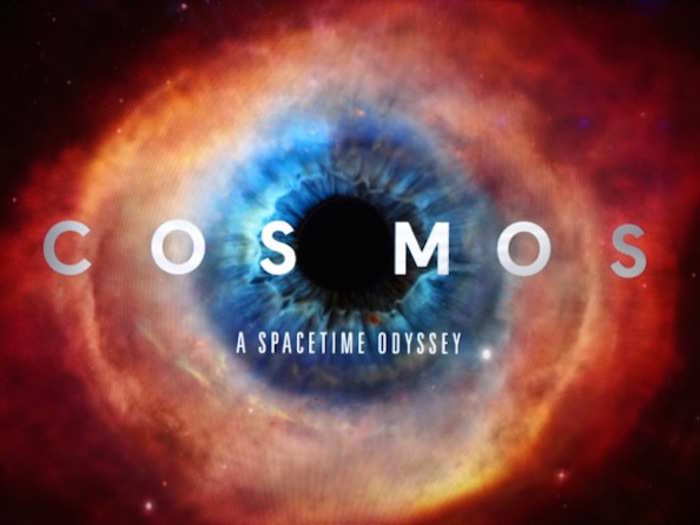
What it's about: This documentary series is a spin-off of Carl Sagan's award-winning and popular 1980 show, "Cosmos: A Personal Voyage." The illustrious Neil deGrasse Tyson takes viewers on a journey across the universe and planet Earth in a dazzling demonstration of the human quest for knowledge.
Why you should see it: "Neil Tyson is great at taking complex science things and making them accessible; he’s very good at making it sound magical." —Steve Kovach, deputy editor at Tech Insider. [Click to watch.]
"The Blue Planet" (2001)
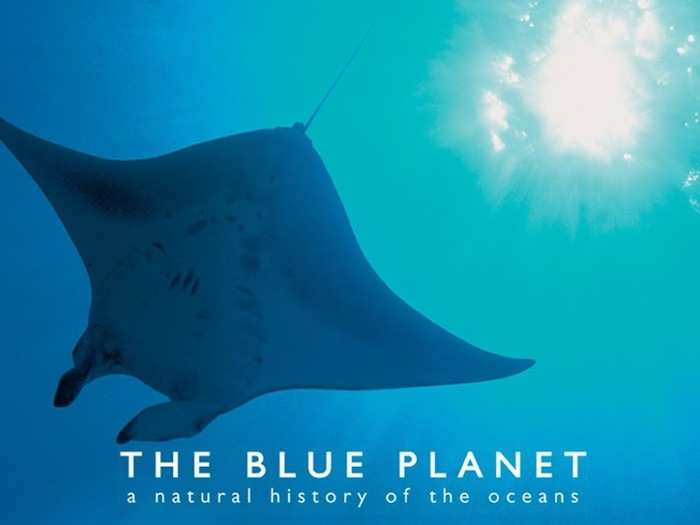
What it's about: This critically-acclaimed series plunges into the mysterious depths of the world's oceans by traveling to a variety of coasts and poles to examine all of its creatures, big and small. It's narrated by Sir David Attenborough, one of the most famous voices in documentary filmmaking.
Why you should see it: "This is a must-watch because our planet is covered by water and there are mysteries and alien creatures in the oceans that seem like they're from another world. The next-best thing to exploring that yourself is seeing those incredible environments and having David Attenborough talk you through fragile and colorful coral reefs, the dark abyss of the deep ocean, and the lives of the powerful creatures of the open sea." —Kevin Loria, science reporter at Tech Insider. [Click to watch.]
"Antarctica: A Year On Ice" (2013)
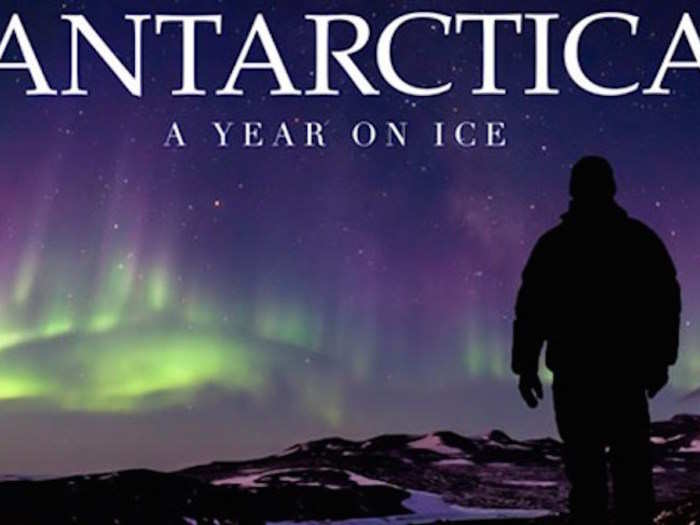
What it's about: This feature-length film provides stunning footage of what it's like to live and work in one of the harshest environments on Earth: Antarctica. This unique look at the bottom of the planet was filmed across 15 years by Frozen Planet photographer Anthony Powell.
Why you should see it: "A fun, charming look at an entire year living in the most extreme place on the planet. It's his first film, but New Zealand filmmaker Anthony Powell has years of experience at the bottom of the globe, and it shows.
"Powell uses a combination of time-lapse photography and footage shot over a 365-day-period to show the both the extreme beauty and the day-to-day normal tasks that keep the people that choose to make Antarctica their home busy. Plus, it's shot in some of the most extreme conditions possible, surrounded by icebergs and massive storms and either 24 hours of day or night." —Kevin Loria, science reporter at Tech Insider. [Click to watch.]
The 15 best science movies and shows on Netflix

Did we miss any? Speak up in the comments below.
Popular Right Now
Popular Keywords
Advertisement